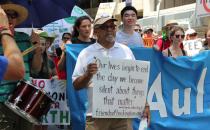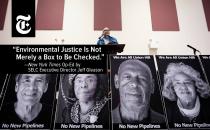Union Hill’s historic value recognized in unanimous decision against Atlantic Coast Pipeline
It’s been a busy several years in usually quiet Buckingham County.
In Virginia’s rural and mostly Black community of Union Hill, the people who—not so long ago—staved off a massive natural gas pipeline’s polluting compressor station proposed on the same land their ancestors were enslaved, now live in the state’s first Freedmen-built community to receive eligibility for nomination for historic landmark status as a rural historic district.
In a unanimous decision to recognize this community’s immense historic value to the county and state, the Virginia Department of Historic Resources cited the “ground-breaking,” “novel” research methods used, based on researchers’ door-to-door household study, oral narratives, and archival research, which uncovered family heritage, hundreds of unmarked slave burial grounds, and plantation records of enslavement.
Recognition of these community-led research methods in December 2020 book-ended a year that began in January with the first, unprecedented win for Union Hill: A unanimous decision from the federal Fourth Circuit Court of Appeals to overturn the air permit for the proposed compressor station in Union Hill.
That decision cited the Air Pollution Control Board’s blatant omission of environmental justice site review, lack of consideration of the household study methods, and the disproportionate health impacts of gas turbines on African Americans with specific, pre-existing health conditions. The lawsuit was brought by SELC.
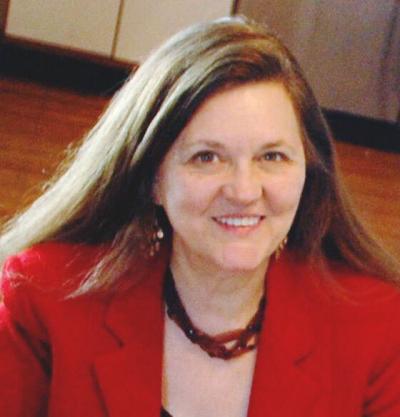
Lakshmi Fjord
Former Buckingham resident and visiting scholar at the University of Virginia, Dr. Lakshmi Fjord, played a critical role in both victories. And her extensive background in cultural anthropology and deep roots in Virginia are what made her the perfect person to take on such a project.
“Every chapter of my life feels like it led to this,” she says.
With the help of her mentor and historic African-American researcher Charles White, Fjord used the in-depth door-to-door qualitative study to collect stories and oral histories from voices that had yet to be heard in the pipeline discussion. The narrative she pieced together of Union Hill, which lead to its new historic designation, is a story of overcoming “scorched earth tactics to erase former enslavement in the county,” she says.
In a Q&A edited for brevity, Fjord discusses what she learned while meeting her neighbors, including how generations of family records went up in flames with the town’s courthouse—and the moment she knew the entire community of Freedmen and their descendants were facing erasure from history.
What do we need to understand about Union Hill before we get started?
Plantation owners, after losing the Civil War, did not want to lose the last of the wealth they had by paying restitution to the people they’d enslaved. My research identified that it was on the date the 15th Amendment passed in 1869—specifying that federal troops would enforce the voting rights of Buckingham’s former enslaved freedmen—arsonists burned the courthouse to destroy individual enslavement records, such as wills. They eradicated the proof that those enslaved ever existed.
How did you first get connected to the Union Hill community?
From a distance. I had moved to Buckingham County with the first wave of community members of Yogaville Virginia starting in 1979. At the time of the Atlantic Coast Pipeline siting in Buckingham in 2014, I was out of state, taking care of my dying father. I began writing to FERC and the Board of Supervisors about the Wingina compressor site as an important Monacan archaeological site, and about the economic losses of having fracked gas in our county. By the time an original site—a very sparsely populated, majority white location on Midlands Road—was changed to the Union Hill site, I had returned to Virginia and became immersed in this community fight.
After closely reading Dominion’s application to FERC in September 2015, I was alarmed by their erasure of the African-American, densely clustered community at this now preferred site in Union Hill, visible by just a short drive around the three main roads surrounding the new compressor station location.
I found that for ACP’s cultural resources amendment for Buckingham County—where they were proposing horizontal drilling under the James River and the only Virginia mega-compressor station—there were no cultural resource issues listed. Compared with hundreds of pages and photos for next-door Nelson and the other northern ACP-impacted counties.
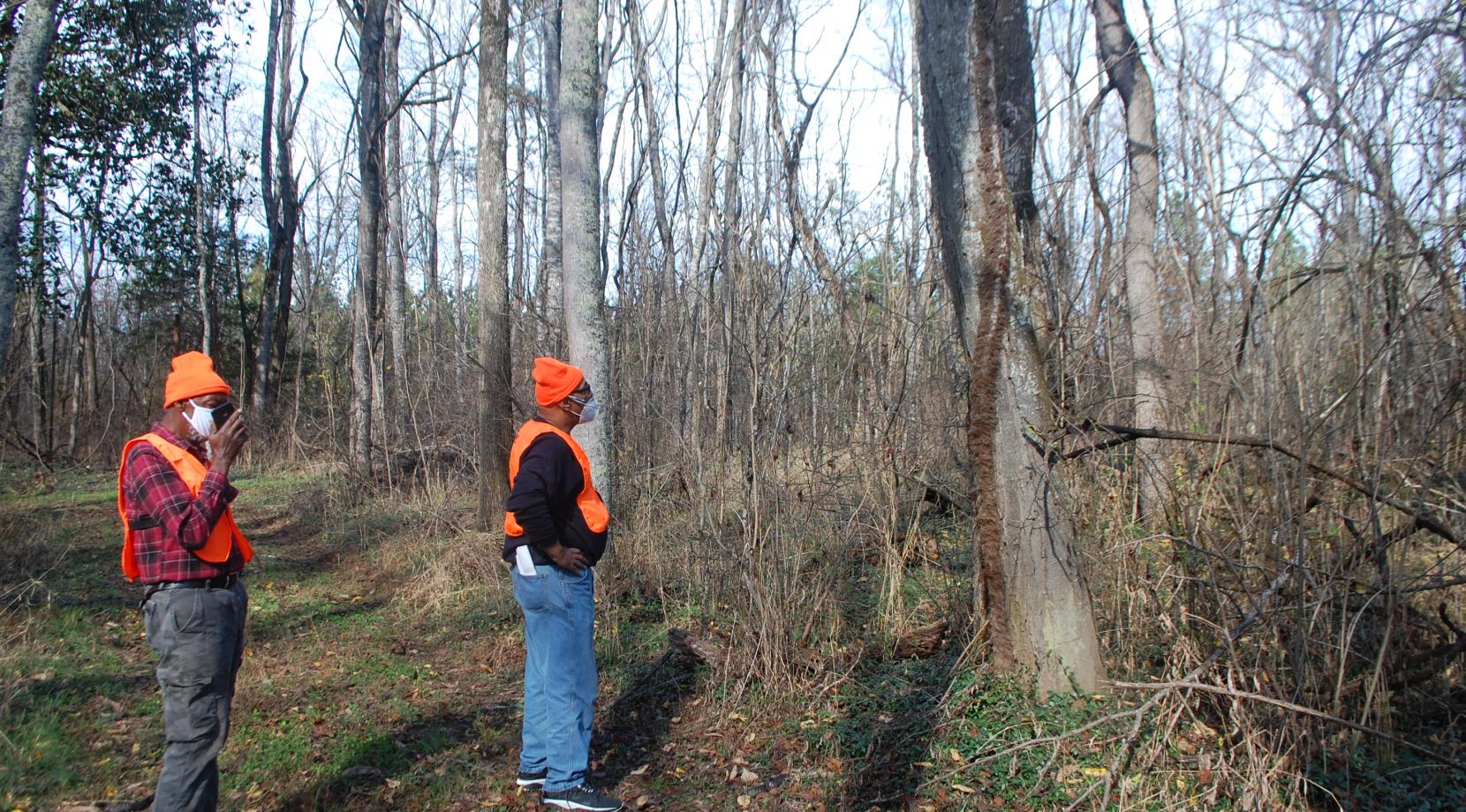
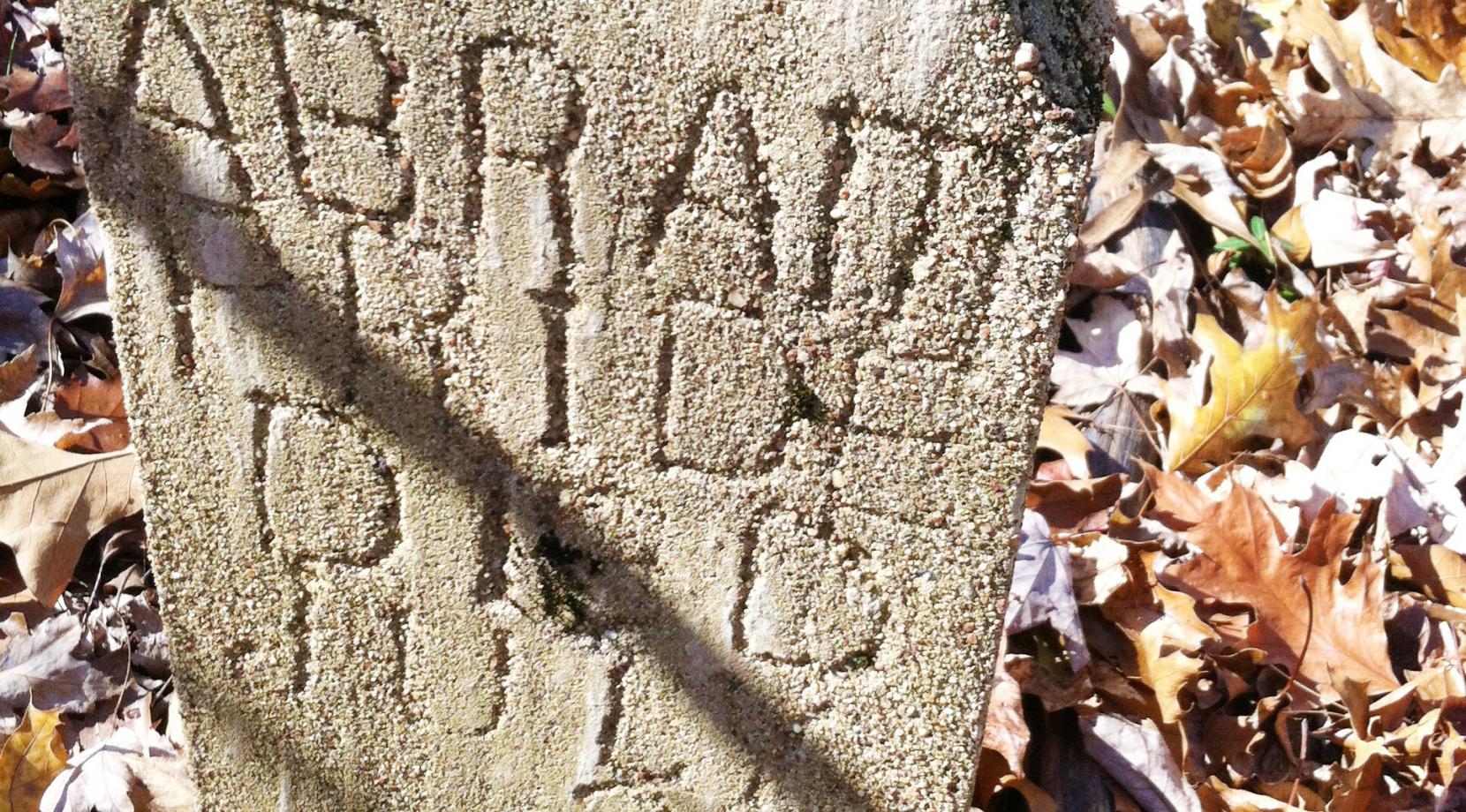
So, my first research project was to uncover historic evidence about the 68.5-acre compressor station site and the community surrounding it on all sides. This led me to Charles White and to the University of Virginia’s Special Collections. With some family archival evidence at UVa and oral narratives from key community members that Mr. White put me in touch with—particularly Mr. Charles Jefferson Harper—I applied for and received “Most Endangered Historic Place” status for the Union Hill Rural Historic District in May 2016. This was our first use of that name for this endangered environmental justice district.
Meanwhile, I was attending the Friends of Buckingham meetings as they shifted from a church near Yogaville to the Union Hill Baptist Church, under the leadership of Pastor Paul Wilson. His allowing of these meetings in his church was truly groundbreaking, as the Missionary Baptist Churches at that time did not accept yoga as Christian. His actions formed the bridge between Yogaville allies and his two congregations within the community.
What did you think of the news that your proposal for the new state designation had been accepted?
It was overwhelmingly wonderful. This is a first historic designation of its kind in Virginia and board members of the state’s Department of Historic Resources expressed their hope that other Freedmen-built communities in Virginia and other Southern states will use our methods as a template.
Talk about some of the most important evidence you submitted. How did you dig it up?
In the rural historic district application, I extensively quoted slave census, Confederate pension records, and oral narratives of enslaved ancestors of current Union Hill residents from Charles White’s The Hidden and Forgotten: Contributions of Buckingham Blacks to American History (1985).
Mr. White and fellow African-American residents co-founded a separate Afro-American Historical Society when the Buckingham Historical Society was unwilling to explore the county’s Black history for Bicentennial research funded by the state. During his 45+ years of research as a person of color, Mr. White was refused access to closed Buckingham slave plantation family documents held in the University of Virginia special collections library. By the time I had imminent deadlines to uncover plantation history for this specific site, the library director had over-turned policies to protect enslavement records, opening these up for all researchers.
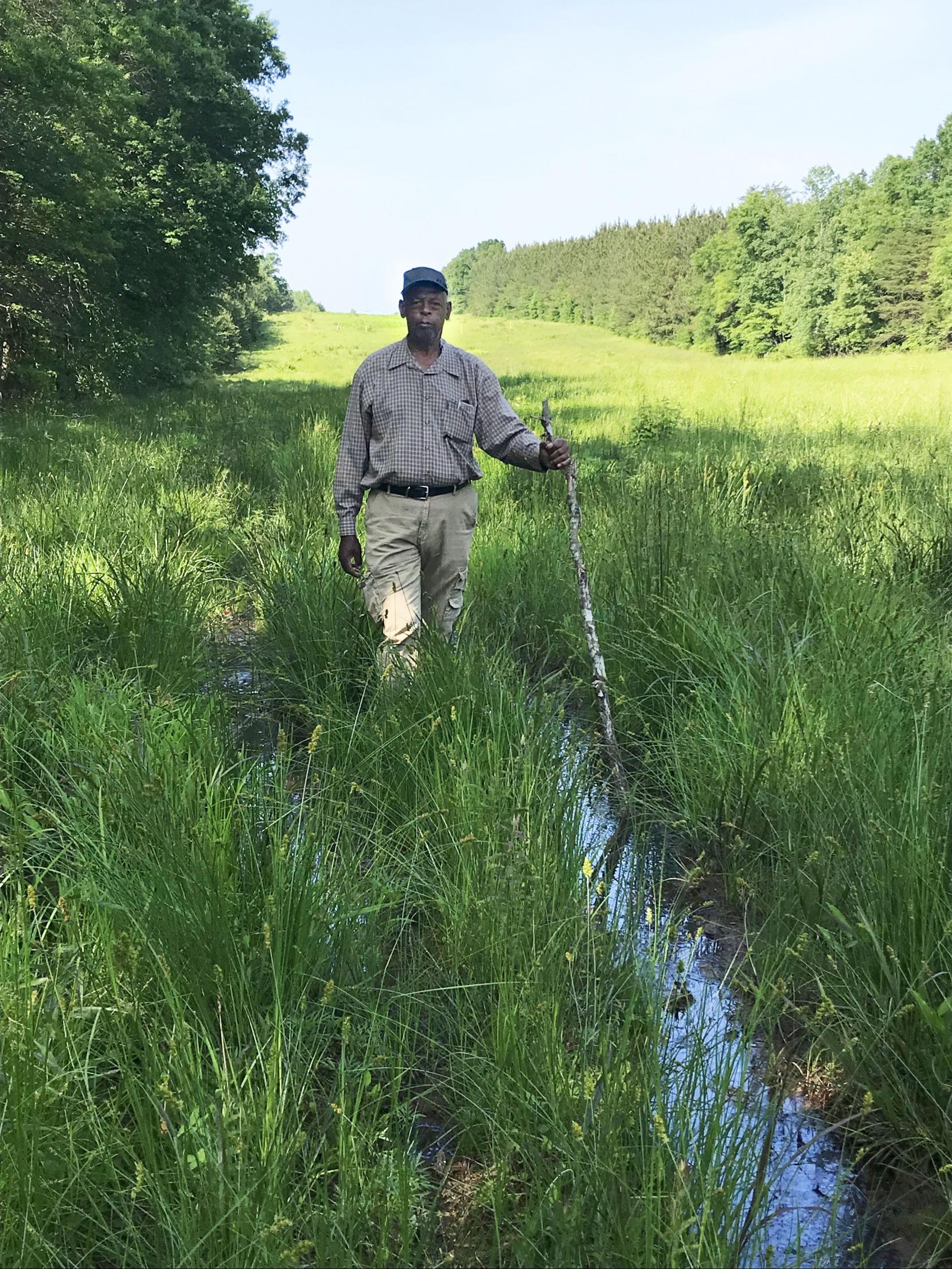
On the Transco easement, Union Hill resident John W. Laury is ground-truthing, or collecting research gathered by direct observation, at the proposed Atlantic Coast Pipeline’s compressor station site in his community. (©Lakshmi Fjord)
The community-based participatory methods we used to uncover and make confidential community data on numbers of people, race, pre-existing health conditions, and heritage is termed “ethnographic methods.” These are practices and principles that put the community people first as the cultural experts. Thus, community experts must guide how best to gather the evidence needed, especially in minority, disenfranchised communities.
In this case, the majority of the most impacted people are descendants of the Freedmen who built this community, formerly enslaved by the ancestors of the white people who also still live nearby. White norms about checking off boxes in surveys and giving out information would fail to uncover the evidence we needed to prove environmental injustice.
Knowing that the courthouse had been burned to erase these people’s lives, we had to fill that lost history in by going household-to-household and knocking on doors. And it was imperative that our methods worked, so we followed the suggestions we learned from community leaders John and Ruby Laury and Marie Gillespie.
For example, you don’t just drive up to someone’s house in Buckingham and immediately knock on the door. There’s an understanding that one should drive up, park, stand by the car, and wait until someone notices you’re there. If they don’t, you stand back from the door and when someone answers, you immediately identify yourself with your kinship ties or allyship to the community.
This is Community Research 101. This is the only reason why our community study had such robust data, and why we got to 70 percent of the households Dominion did not account for—which in social science, is considered a robust outcome.
Is this situation unique to Union Hill?
The whole story is emblematic of the history of Virginia, the first British colony and first place of the Atlantic slave trade in the United States. Right now, there are many other historic environmental justice communities built by Freedmen fighting toxic polluting infrastructure.
The only reason our work in Union Hill has set precedents for environmental justice strategies in Virginia to fight the 400-year history of enslavement is its story.
It’s a story of descendants of enslaved people nearby rising up, speaking out against centuries of retribution for doing so. As John Laury said, “It is our time to speak the truth.”
Environmental racism persists throughout the South. In Virginia, the site of a historic school conceived by Booker T. Washington could be surrounded by a mega-landfill in Cumberland County, a proposed Pentagon-sized Wegman’s Distribution facility puts the future of the historic Brown Grove community at stake in Hanover, and two proposed merchant gas power plants, a mega-landfill extension, and gas pipeline in Charles City County are all attempting to skirt environmental justice concerns. And now, Union Hill and Yogaville face the imminent threat of open pit gold mining nearby, with its forever arsenic contamination, for a mineral with no public benefit.
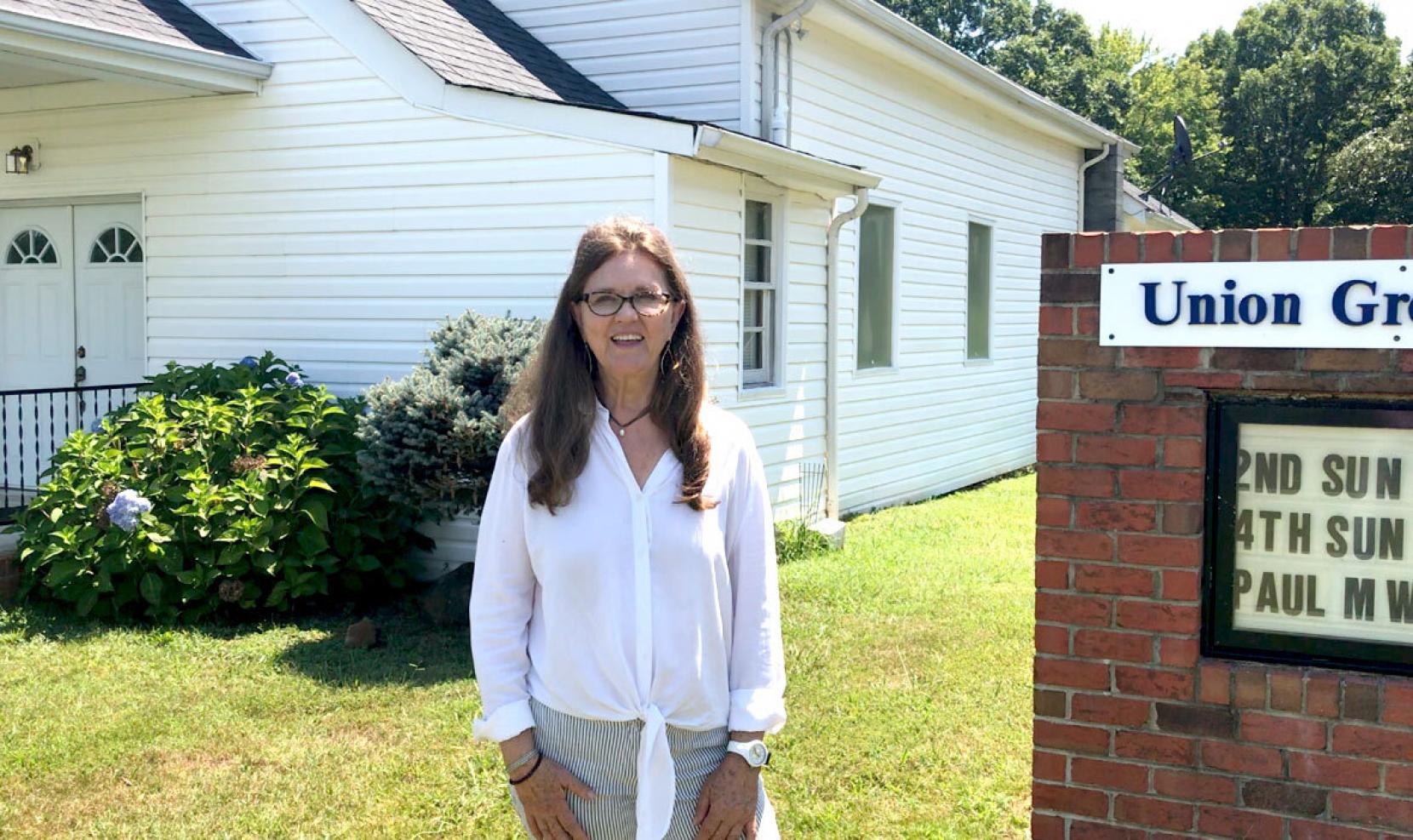
Anthropologist Lakshmi Fjord at Pastor Paul Wilson’s historic Union Grove church. (©Johnathan Favini)

